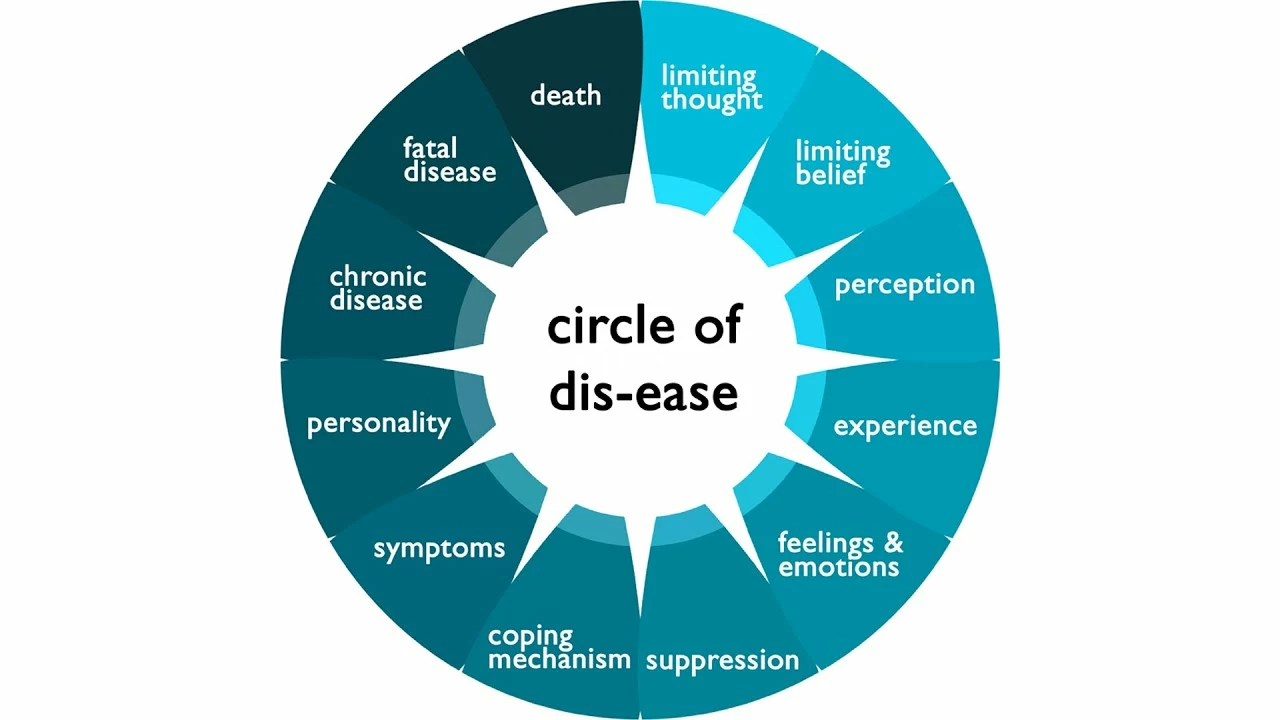Acitretin: what it treats and key safety points
Acitretin is an oral retinoid doctors use for severe psoriasis and other disorders where skin overgrows or thickens. If topical creams and light therapy haven’t worked, acitretin can help slow the abnormal skin cell growth. It’s not a quick fix—improvements usually take weeks—but for many people it brings real, lasting change.
How acitretin works and who it helps
Acitretin is a vitamin A derivative that influences skin cell behavior. It normalizes how skin cells grow and shed, which helps reduce thick, scaly plaques. People with pustular or erythrodermic psoriasis, or those with widespread plaque psoriasis that resists other treatments, are typical candidates. Your dermatologist decides based on disease severity, other meds, and health history.
Side effects, monitoring and practical tips
Expect common side effects like dry lips, dry skin, cracked hands, nosebleeds, and some hair thinning. Blood tests can pick up less obvious issues—acitretin can raise liver enzymes and blood fats (cholesterol and triglycerides). Your doctor will usually check baseline blood tests and repeat them during treatment.
There’s one safety point you must take very seriously: acitretin is highly teratogenic. That means it can cause severe birth defects. Women who can become pregnant must use reliable contraception during treatment and for years after stopping—your dermatologist or pharmacist will explain the exact time frame and pregnancy testing schedule. Men should also discuss contraception with their doctor.
Alcohol interacts with acitretin. Drinking can cause a compound called etretinate to form, which stays in the body longer and increases pregnancy risk. Avoid alcohol while you’re on acitretin and ask your doctor how long to wait after stopping before drinking again.
Simple steps make treatment easier: use a thick lip balm and a fragrance-free moisturizer daily, avoid waxing and aggressive skin procedures while on treatment, and always use sunscreen—skin can be more sensitive to sunlight. If you plan dental procedures, tell your dentist you’re on acitretin because some skin reactions around the mouth or mucous membranes can occur.
Not everyone can or should take acitretin. If you have active liver disease, very high triglycerides, or are pregnant, your doctor will recommend alternatives. Other options include topical treatments, phototherapy, methotrexate, cyclosporine, or newer biologic drugs—each has its own risks and benefits.
Talk openly with your dermatologist about goals and side effects. Acitretin can be powerful for the right patient, but safety checks and sensible daily care make it work better and keep you safer while you’re on it.




